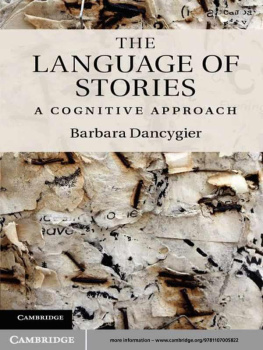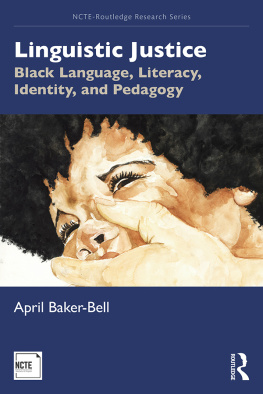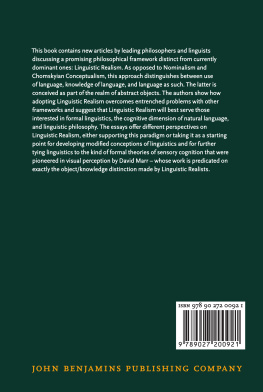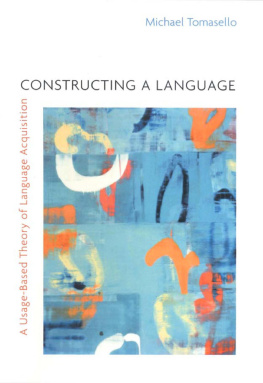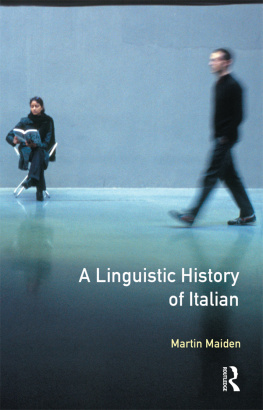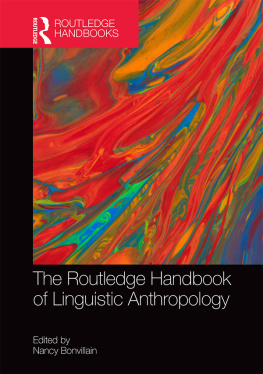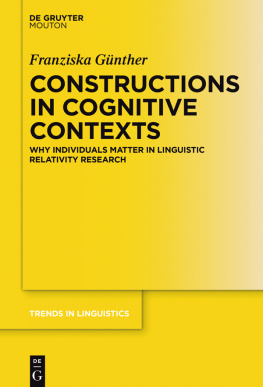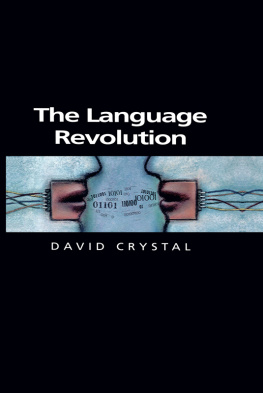A project like this one requires that the author finds friends in unexpected places, and I was lucky to meet many, and usually when I needed them most. I was writing this book feeling cautious about what various groups of people might say about it, and they invariably gave me their support and encouragement. I thus want to thank all of those who could have dampened my enthusiasm and didnt, and who gave me good advice instead. The list is too long to quote here.
I owe special thanks to colleagues who read major fragments of earlier drafts and helped with very specific responses: Uri Margolin, Eve Sweetser, Sean McAlister, Patsy Badir, Lieven Vandelanotte, Margery Fee, Suzanne Fagel, Maarten van Leeuwen, and my Cambridge University Press reviewers. Their careful consideration of my ideas and structural choices has led me through many hours of doubt.
I owe much to the scholarship and inspiration of Mark Turner, Gilles Fauconnier, and Eve Sweetser. I also want to thank David Herman, who encouraged me and trusted in the final outcome before I had the courage to call this project a book, and Alan Palmer, who listened and shared thoughts when I needed it badly. I am grateful to Elena Semino and Paul Simpson for their sustained support of my various projects and their interest in my work. One of the chapters of this book could never have come into existence if not for the inspiration and friendship of Michael Booth and Amy Cook. I have also been lucky to know Lieven Vandelanotte, whose work, guidance, and support were with me all along.
I have been given much support by the literature and linguistics colleagues in my own department the Department of English at the University of British Columbia. This book was conceived against the background of their vast knowledge and wonderful open-mindedness, and I am very grateful to them all for their encouragement, friendship, and sense of humor.
My graduate students have been my day-to-day audience, and have sat through many hours of workshops in which we discussed their ideas and mine. They have asked excellent questions, and have helped me focus when I was slipping. I can only mention some of them here: Jennifer Schnepf, Sean McAlister, Mike Borkent, Slade Stolar, Tiffany Johnstone, Janet Lermitte, Robin Steen, Eve Preus, and Mark Deggan.
Last, but not least, my family has helped me in more ways than I can count. My husband, Jacek, supported me with his impeccable literary taste and his boundless computer expertise both were indispensable in the completion of this book. I also want to thank him for the motto to . My son, Szymek, infected me with his admiration for Melville and Poe, and also his passion for traditional Japanese theatre. Many ideas in this book owe much to his careful reading and willingness to share thoughts.
This project has been supported financially with a grant from the Social Sciences and Humanities Research Council of Canada, number 410-2005-1644. I am grateful to SSHRC officers for making the funding available and providing prompt answers to all my questions.
Last but not least, I want to thank the editorial staff at Cambridge University Press, and especially my editor, Andrew Winnard. His professional insight helped me see the big picture and guided me through various rapids.
Finally, I owe much to the writers of all the brilliant stories I got a chance to read again and again. Thanks to them, writing this book was an exciting experience. It would not be fair to say that all these great novels were just excellent materials to work on, as on occasion I had to leave my analyst persona aside, and let the text speak to me. The stories just wouldnt let me do anything but read. I am truly grateful for these moments.
I have no doubt that the book has many faults, which my critics will be quick to point out. But I am sure I would have made many more mistakes if not for all the people who were willing to listen, read, and talk. I am deeply grateful to all of them.
Excerpts from American Pastoral by Philip Roth. Copyright by Philip Roth. Used by permission of Houghton Mifflin Harcourt Publishing Company. All rights reserved.
Excerpts from The Human Stain by Philip Roth. Copyright by Philip Roth. Used by permission of Houghton Mifflin Harcourt Publishing Company. All rights reserved.

